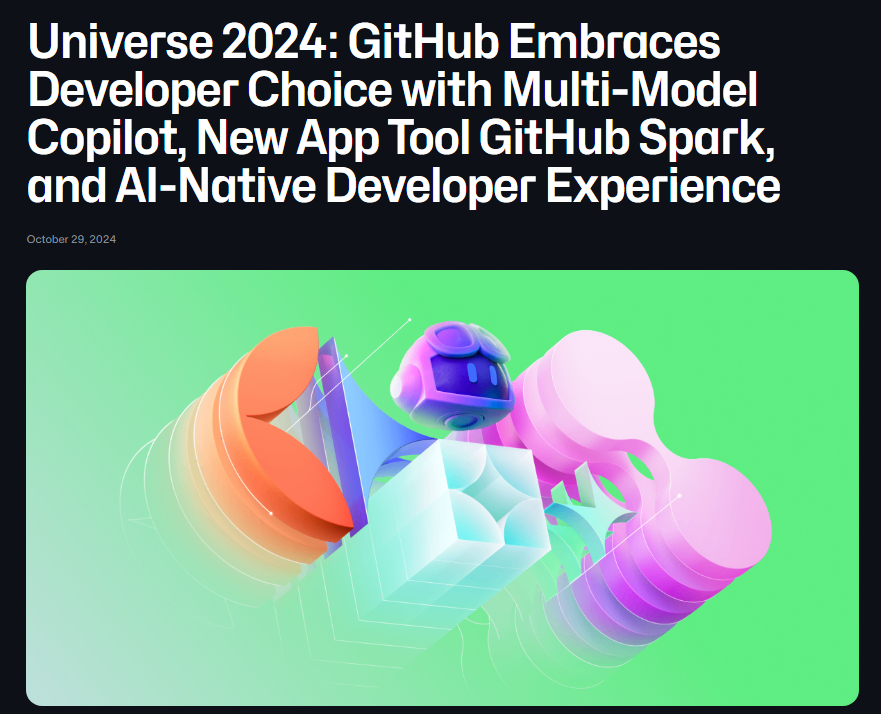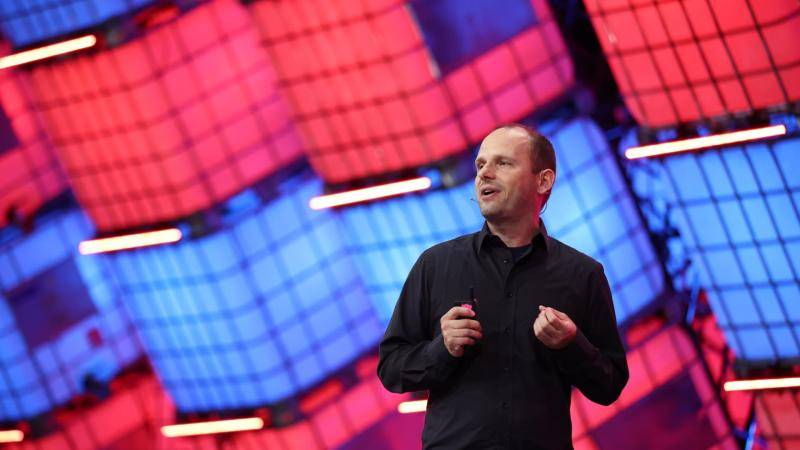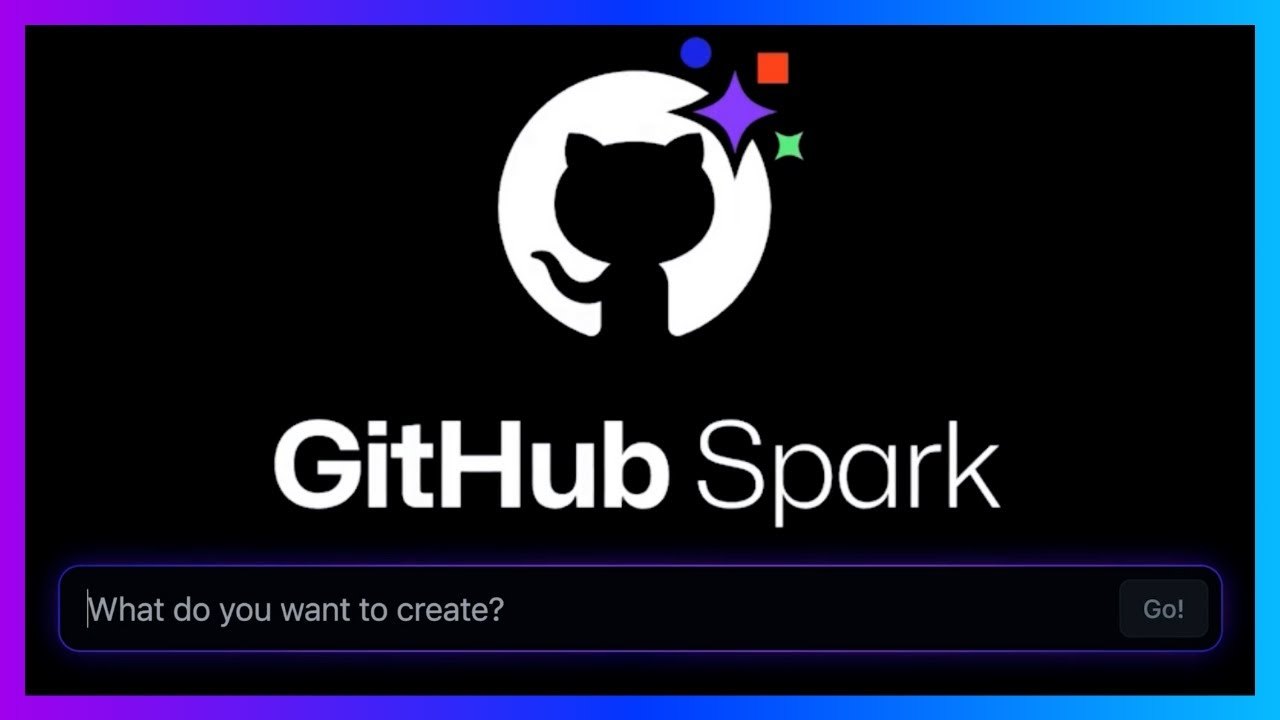GitHub Copilot will integrate Anthropic and Google's top AI models, with OpenAI as the default option, allowing users to switch on demand.
On October 29, GitHub announced through its official blog that GitHub Copilot will no longer rely solely on OpenAI's GPT model, but will shift to a multi-model strategy, including Anthropic and Google's top AI models.

In 2021, Microsoft launched GitHub Copilot, backed by OpenAI Cortex, and currently relies on OpenAI's flagship AI model GPT-4o.In the future, GitHub will continue to use OpenAI's models as the default option, allowing developers to switch between different models and even the same conversation as needed, and organizations can select available models for team members.
In the coming weeks, Anthropic's Claude 3.5 Sonnet will be the first to be integrated into GitHub's Chat features Copilot Chat's Web and VS Code interfaces, with Google's Gemini 1.5 Pro joining later.In addition, GitHub will also support more OpenAI models, including preview version o1, mini version o1-preview and o1-mini, providing support for GitHub Copilot Chat coding assistant.
In addition to Copilot Chat, GitHub will also introduce multiple model options for features such as Copilot Workspace, multi-file editing, code review, security automated fixes, and CLI.At that time, developers only need to use a few simple prompt words to get code output.
GitHub CEO Thomas Dohmke said that over the past month, GitHub has worked with engineering teams from Anthropic and Google to discuss the security, security and scalability of its model.GitHub wants to expand the range of available models, but has not announced any partnerships and doesn't want to embarrass developers with too many options.

OpenAI's o1 model launched in September this year prompted GitHub to make this decision.Since different models perform differently in different programming languages or task types, GitHub is considering adding Copilot's optional models to meet the needs of different development scenarios, and developers will also have a clear view of the models 'application scenarios.
Dohmke pointed out: "No one model can suit all scenarios, and developers prefer the model that best suits them. Obviously, multiple model selection will become a future trend in the field of AI code generation.”
For businesses and developers, the extension of GitHub Copilot's available AI models has many benefits.Mario Rodriguez, chief product officer at GitHub, said: "We are transitioning the Copilot platform from single threading to multithreading, and users will be able to choose from different AI models to complete coding tasks, each with its own unique advantages.
"In the future, Copilot will be able to automatically select the most appropriate model to meet the needs of specific tasks, providing the best results based on factors such as speed and performance."he said.

In addition to updates to model strategies, GitHub has also launched an AI-native tool called "Spark" that allows users to build applications entirely in natural language.
As a full-featured micro-app, GitHub Spark can integrate AI functions and external data sources without having to manage any cloud resources.Not only that, users can also open the code generated by Spark and make adjustments, switching between coding and prompts.Developers who want to go further will need to move to more comprehensive software development programs such as GitHub Copilot or Microsoft's Power Platform.
Similarly, GitHub Spark also supports multiple models from OpenAI, Google, and Anthropic.Currently, the tool is still in the early preview stage and is limited to some user experiences.

Since acquiring GitHub in 2018, Microsoft and GitHub have maintained a relatively independent operating model, and the latter maintains an extensive partnership.
GitHub has previously provided users with options for Google and Amazon Cloud Services (AWS), and the Anthropic model runs on AWS's network; Microsoft has also allowed its Azure cloud customers to use models other than OpenAI, including Meta and Mistral models, but not involving Google and Anthropic.
Since the beginning of this year, news of Microsoft's cooperation with OpenAI rivals has been frequently reported.
In February, Microsoft announced a partnership with early AI model developer Mistral; in March, Microsoft said it was hiring Mustafa Suleyman, co-founder of DeepMind, and employees of startup Inflation, whose Pi assistant is a competitor to ChatGPT; and in regulatory documents disclosed this summer, Microsoft also listed OpenAI as a competitor.



